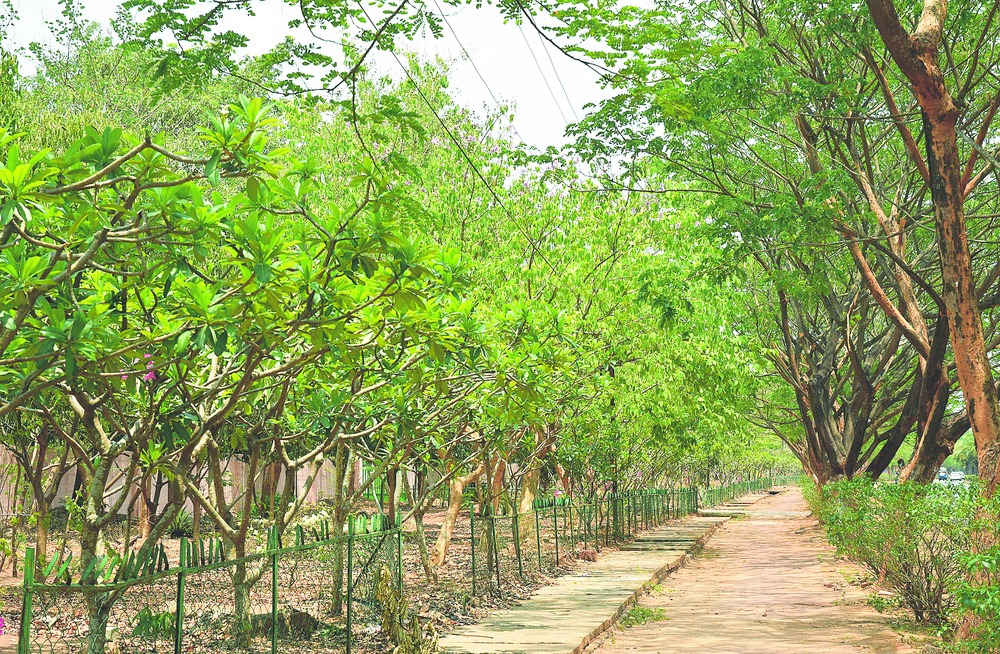
Bhubaneswar, May 10: The state government has finally woken up to the threat of climate change, having prepared a draft action plan to tackle the global phenomenon locally.
It has drawn up an ambitious plan to cover at least 15 per cent of the city area with greenery in the next five years.
The plan includes increasing the density of the forest areas, planting indigenous species, undertaking avenue plantation and grow medicinal plants. The authorities have decided to conduct periodic evaluation of the plantation programmes.
The seedlings or saplings will be provided to public as well as different voluntary organisations. They will take care of the plants.
"The plan of urban plantation will be implemented in both forest and non-forest areas. Bhubaneswar has been divided into two parts - city and Chandaka forest areas. The plan includes urban and avenue plantation, agro forestry and sowing of seedlings on the private land of farmers," said an official of the housing and urban development department.
The state forest and environment department has decided to distribute one crore seedlings among various voluntary organisations in Bhubaneswar in the next five years. Nearly 53,000 seedlings will be used for avenue plantation in the city. Under the agro forestry component, the government will also distribute 40 lakh seedlings to the city forest and chandaka wildlife division.
The official said that the urban plantation programme would be taken up under Atal mission for rejuvenation and urban transformation (Amrut) scheme.
"All the nine Amrut cities, including Bhubaneswar, will be covered under this programme. Special focus will be on the capital city," he said. The other eight cities included in the programme are Sambalpur, Balasore, Baripada, Berhampur, Bhadrak, Puri, Rourkela and Cuttack.
The government decided to undertake plantation drive following the constant rise in the mercury level.
Bhubaneswar experienced an extreme heatwave condition this summer with the mercury breaking the all-time record with 45.8 degrees Celsius on April 11.
"This is high time for the government to rethink on its policies on urbanisation. The greenery is steadily vanishing and high-rises are mushrooming across the city. The administration should ensure development in sustainable manner for the urban areas. It is a welcome step on the part of the government to bring back the greenery, but they have to maintain the plantation properly," said Manoj Mahapatra, city-based environmentalist.
The forest and environment minister Bikarm Keshari Arukh during the question and answer session in the Assembly recently revealed that more than four lakh trees had been cut for various development work in the state in the past three years. Arukh further stated that the forest cover is depleting in as many as 11 of the 30 districts of the state.











